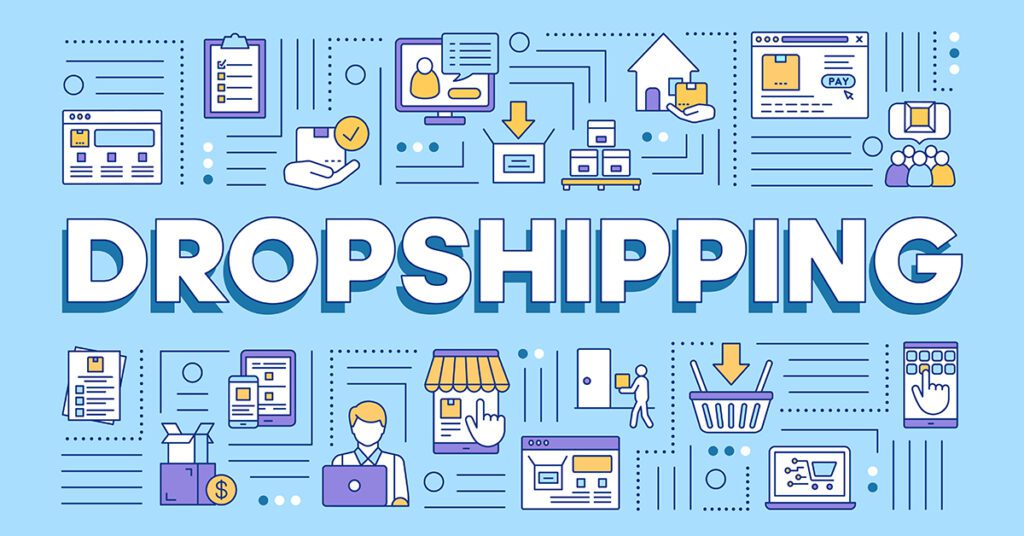Category
Recent Posts
- Web App Monetization Strategies, Turning Visitors into Customers

- The Psychology Behind Effective Copywriting

- 10 Common Misconceptions About Computer Viruses Debunked

- How to Unleashing Advanced Security and Privacy Features for Ultimate Protection Using Panda Dome Premium

- Panda Dome Advanced vs. Essential: Which Security Suite is Right for You?

Top rated products
-
 Windows 11 Home
Rated 0 out of 5₦7,560 – ₦195,000
Windows 11 Home
Rated 0 out of 5₦7,560 – ₦195,000 -
 Bitdefender GravityZone Business Security
Rated 0 out of 5₦52,000 – ₦115,000
Bitdefender GravityZone Business Security
Rated 0 out of 5₦52,000 – ₦115,000 -
 Windows Server 2019 Standard
Rated 0 out of 5₦12,000 – ₦35,000
Windows Server 2019 Standard
Rated 0 out of 5₦12,000 – ₦35,000 -
 NORD VPN
Rated 0 out of 5₦40,000 – ₦60,000
NORD VPN
Rated 0 out of 5₦40,000 – ₦60,000 -
 Python and Django Full Stack Web Developer Bootcamp
Rated 0 out of 5
Python and Django Full Stack Web Developer Bootcamp
Rated 0 out of 5₦29,000Original price was: ₦29,000.₦14,000Current price is: ₦14,000.

This article describe the differences between dropshipping and affiliate marketing.
In the expansive realm of e-commerce and online business, two prominent models have emerged as popular choices for entrepreneurs: dropshipping and affiliate marketing. While both offer opportunities for generating income without the need for significant capital investment or inventory management, they differ significantly in their approaches, operations, and potential for profitability. Understanding these variances is crucial for aspiring online entrepreneurs looking to venture into the digital marketplace. In this blog post, we will delve into the differences between dropshipping and affiliate marketing, offering insights into their respective workings, advantages, and challenges.
Dropshipping:

Dropshipping is a retail fulfillment method where a store doesn’t keep the products it sells in stock. Instead, when a store sells a product, it purchases the item from a third party and has it shipped directly to the customer. The merchant never sees or handles the product. Here’s a breakdown of key aspects of dropshipping:
1. Inventory Management: One of the most significant advantages of this is that it eliminates the need for inventory management. Entrepreneurs can set up an online store and start selling products without having to invest in warehousing or managing stock levels.
2. Operational Flexibility: It offers immense flexibility as entrepreneurs can operate their businesses from anywhere with an internet connection. There’s no need to handle physical products, allowing for a location-independent business model.
3. Profit Margins: While dropshipping offers low barriers to entry and minimal upfront costs, profit margins tend to be lower compared to other business models. Since dropshippers purchase products at wholesale prices, the profit margin is the difference between the wholesale and retail price, which can be relatively slim.
4. Customer Service and Branding: This often have limited control over product quality, shipping times, and customer service since these aspects are managed by the supplier. Building a distinct brand identity can be challenging in such circumstances.
Affiliate Marketing:

Affiliate marketing is a performance-based marketing strategy where a business rewards affiliates for each visitor or customer brought by the affiliate’s marketing efforts. Affiliates promote products or services through various channels and earn a commission on sales generated through their referral links. Here’s a closer look at affiliate marketing:
1. Promotion and Marketing: Unlike dropshipping, where entrepreneurs manage their online stores, affiliate marketers focus on promoting products or services through content creation, social media, email marketing, and other channels. Success in affiliate marketing often depends on the ability to drive targeted traffic and conversions.
2. No Product Ownership: Similar to dropshipping, affiliate marketers do not own the products they promote. Instead, they earn commissions for driving sales or leads to the merchant’s website. This model eliminates the need for inventory management or order fulfillment.
3. Commission Structure: Affiliate marketing offers the potential for high-profit margins as affiliates can earn a percentage of each sale or a fixed commission for every referral. However, commission rates vary depending on the affiliate program and industry.
4. Relationship Building: Successful affiliate marketers focus on building trust and credibility with their audience. By providing valuable content and recommendations, affiliates can cultivate loyal followers who are more likely to make purchases based on their recommendations.
Key Differences:
1. Ownership and Control: In dropshipping, entrepreneurs have more control over their businesses, including branding, pricing, and customer service. In affiliate marketing, affiliates promote products on behalf of merchants but have limited control over the sales process.
2. Profit Potential: While both models offer opportunities for profitability, dropshipping typically yields lower profit margins per sale compared to affiliate marketing. However, dropshipping allows for the potential to scale by selling a wide range of products.
3. Operational Complexity: Dropshipping involves managing various aspects of an online store, including product selection, pricing, and order fulfillment. Affiliate marketing focuses on driving traffic and conversions through marketing efforts without the need for store management.
4. Risk Management: Dropshipping carries risks such as inventory management, shipping delays, and product quality issues. Affiliate marketing mitigates these risks since affiliates do not handle products or customer service directly.
In conclusion, while dropshipping and affiliate marketing share similarities in their online business models, they differ significantly in their approaches, operations, and profit potential. Entrepreneurs should carefully consider their goals, skills, and resources when choosing between these two models. Whether opting for dropshipping or affiliate marketing, success ultimately hinges on effective marketing strategies, audience engagement, and adaptation to the evolving landscape of e-commerce.
To obtain software and courses that could enhance your digital skills, visit techlover.com.ng
Or visit any of our online stores,
Related Posts:
No Related Posts.




















Leave a Reply